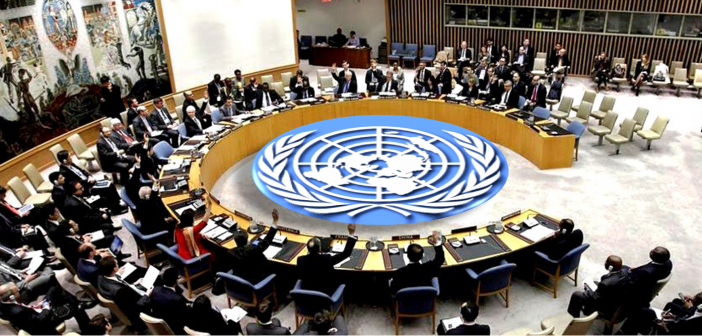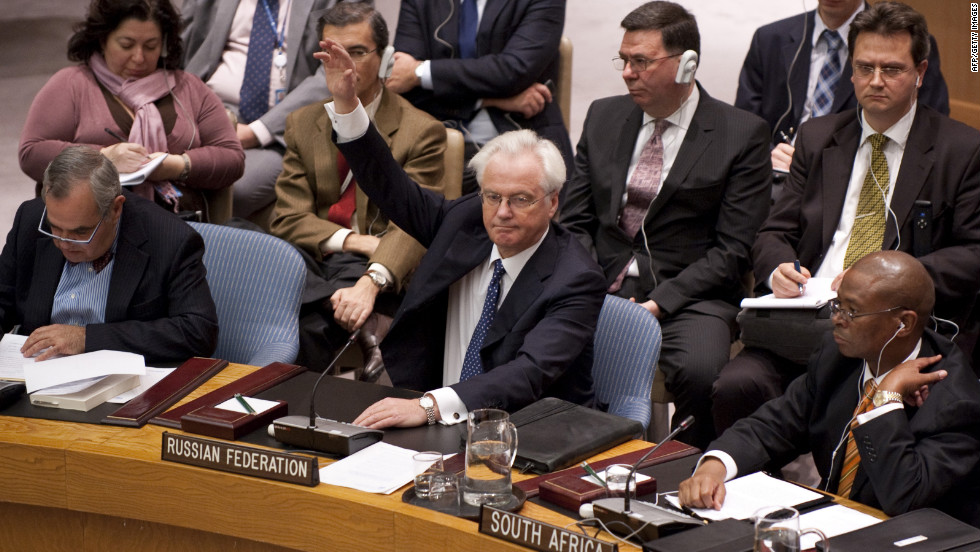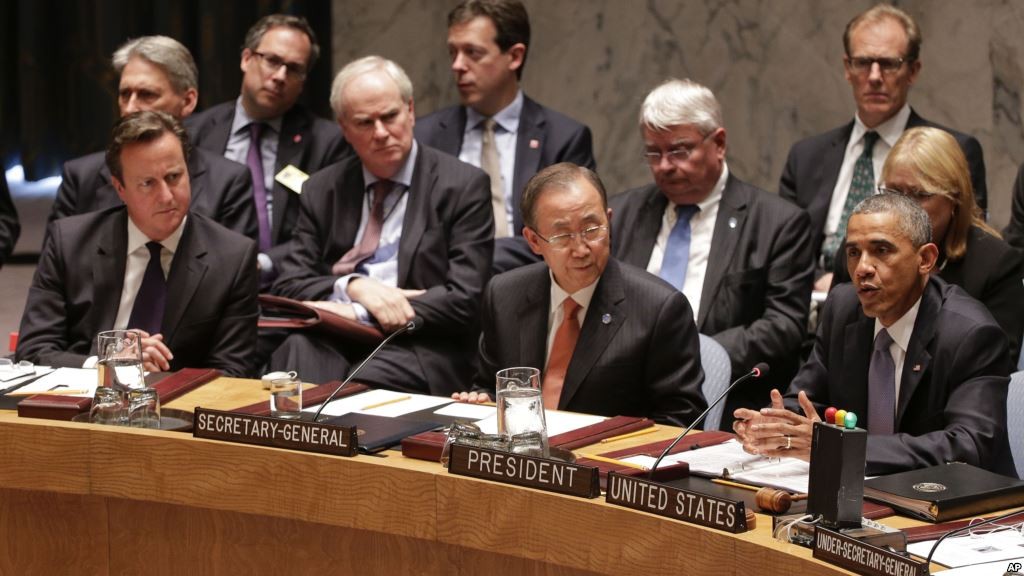The United Nations was created in 1945, seventy years ago. Created a few months before the end of one of the most destructive wars in history, the organisation was designed to promote international dialogue. The founding charter of the United Nations states that it is determined to ‘save succeeding generations from the scourge of war’ and to ‘reaffirm faith in human rights’, among other goals. But in its seventy year history, many charges have been levelled at the organisation. It has been called anachronistic. It has been denounced as ineffective, but also as heavy-handed. At the centre of these allegations, lies the United Nations Security Council. It was recently the UN International Day of Peace, a day created by the organisation to uphold the principles of peace. The day was marked by an international ceasefire and day of non-aggression. The UN Security Council ‘has primary responsibility for the maintenance of international peace and security’. But in the shadow of Peace Day, conflict continued to rock the globe – but has the UN Security Council played its role?
The controversial veto power
At the heart of many criticisms of the UN lies the UN Security Council. A council made up of five permanent and ten non-permanent member states, its powers are often a source of concern. The five permanent members are Great Britain, France, China, The United States, and Russia, and the ten others are elected by the General Assembly to serve two year terms. A major cause of controversy is the veto power these five members have. The United States, China, and Russia have been the only countries to use their veto power in the 21st century, and each of these has been on serious, contentious issues.
China and Russia exercised their right to veto to prevent the UN from condemning Bashar al-Assad’s human rights abuses in Syria. The United States vetoed a resolution that would condemn Israeli settlements in the West Bank. Russia vetoed a criminal investigation into the Malaysian Airlines plane MH370 that was shot down over the skies of Eastern Ukraine. For many, the UN Security Council may seem antithetical to the aims of the United Nation as an organisation. For an organisation which claims countries much work together for the international greater good, the existence of the UN Security Council, with its vetoes which help to shut down discussion or action, may not be true to these aims.
The membership is old-fashioned
The veto power is not the only issue with the United Nations Security Council. Kofi Annan, a former United Nations Security General criticised its make up. Annan claims that, in order for the UN Security Council to prevent fading into irrelevance, it must admit more permanent members. The UN Security Council seems to have been frozen in time. Its current permanent members seem an anachronism, failing to reflect the geopolitical realities of the current age. Stuck in a time when the world seemed divided into three zones, the West, with capitalism, and the East, communism, and the developing ‘third world’ up for grabs. France is no longer at the front line of a European advance against communism. China and Russia no longer represent a single axis of the world’s powers. As Kofi Annan rightly claims, the UN Security Council must change.
Which new members?
Annan suggests Germany or India as permanent members. The key to any reform of the United Nations Security Council must be the admittance of more countries from the emerging world. China and Russia are already present. With China’s powerhouse economy, and global influence, its status is undeniable. India’s growing economic and political influence merits consideration. India has already submitted a bid to become a permanent member of the UN Security Council, and this has been backed by the United States. Nigeria, which is Africa’s largest economy, and takes place in peacekeeping operations throughout the continent. It is clear that economic and military might cannot be the only criterion for membership of the United Nations Security Council – however, this has historically been the case. If the UN Security Council seeks to reform, it should also consider countries which have had a positive impact on global peace. With wars waging the world over, this would not be an easy task.







